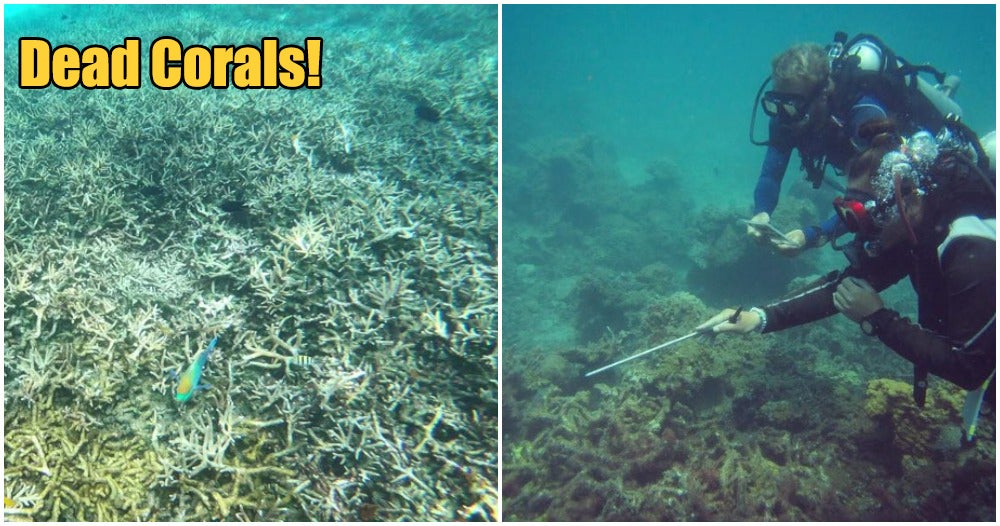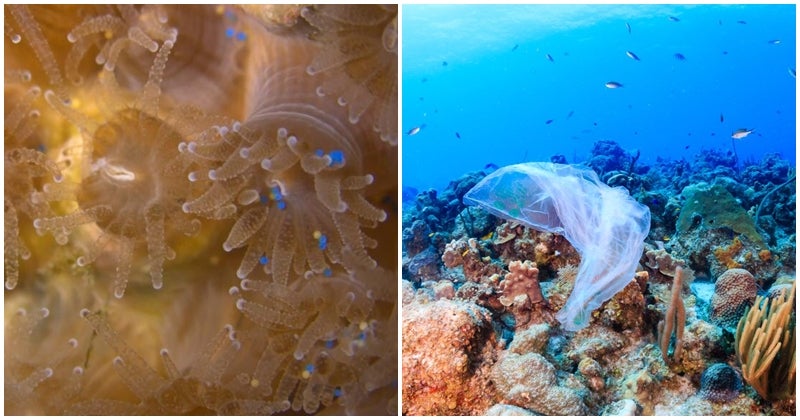We Malaysians are always proud of our sandy beaches and beautiful islands such as Pulau Redang and Pulau Perhentian, but the coral reefs of these popular island destinations are rapidly declining due to climate change.
According to Malay Mail, a 2019 survey by a marine conservation NGO Reef Check Malaysia has revealed that coral reef areas near some of Malaysia’s famous coastlines have been rapidly deteriorating.
Live corals on the East Coast island of Pulau Redang dropped by 35.5% while Pulau Perhentian declined by 18.8% this past year.
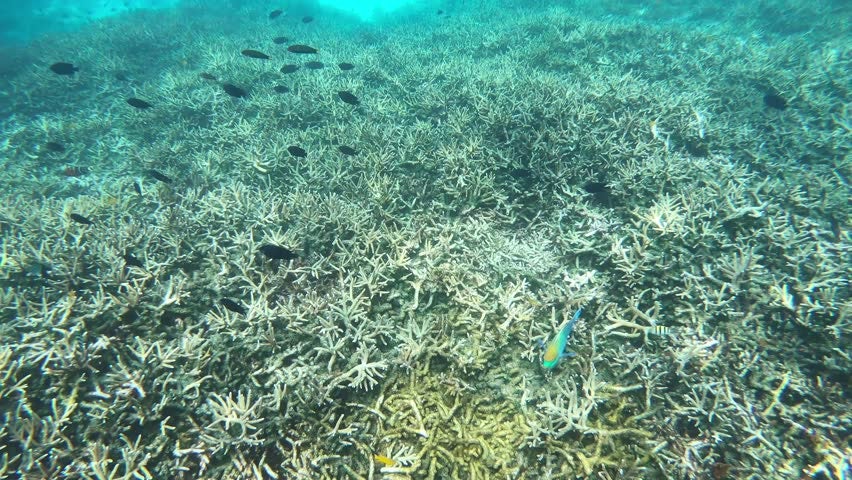
Source: shutterstock
Certain sites have also shown an increasing amount of algae, which is a possible indicator of pollution.
Julian Hyde, the General Manager of Reef Check Malaysia has explained in a statement today that even though the coral reefs are in rapid decline, there are still solutions to this problem, which includes building the coral reefs’ resilience and empowering local stakeholders by giving them a role in marine resource management.
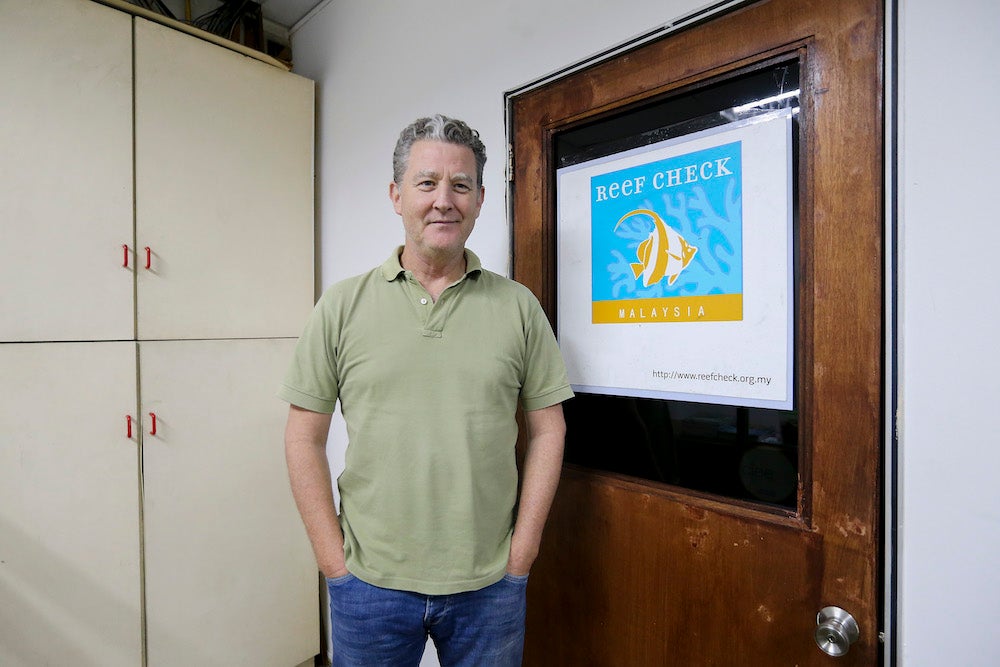
Source: malay mail
He then recalled that the Tropical Storm Pabuk which struck Terengganu in January caused a lot of physical damage to reefs in shallow waters and it shows us that storms are something that we should prepare for, because they are becoming more frequent and stronger.
He said that our reefs actually have quite a high natural resilience as shown by the 2010 bleaching incident that the corals took only 3 years to recover from. This gives them some hope but action MUST be taken before the conditions get worse.
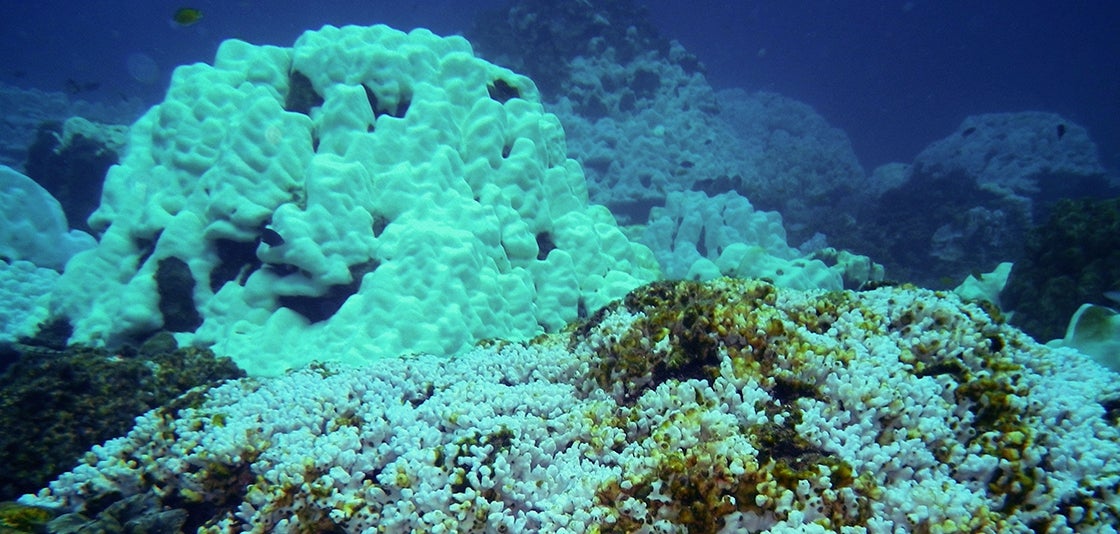
Source: noaa
He then noted down the causes to the decline, which are tropical storms brought by climate change and sewage pollution that allows algae growth. When algae grows, the reefs are suffocated.
To counter that we need good water quality which can be achieved through better sewage treatment and a perfect amount of herbivores to control algae.
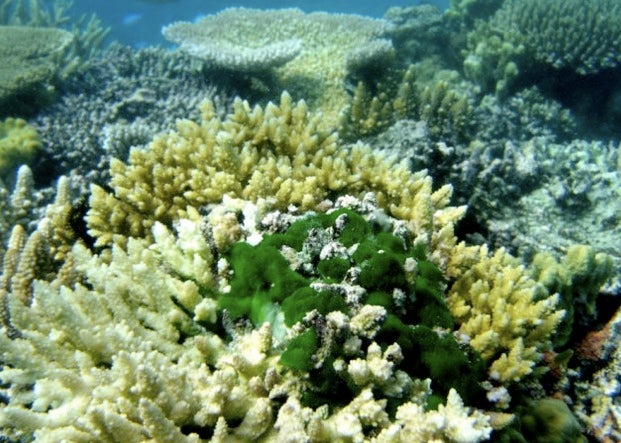
Source: save reef
Hyde said that both of these factors are actually within our control and this would be the right step to take to preserve local coral reefs.
To reduce local threats to coral reefs, Hyde is calling on the stakeholders such as the local government, state governments and the Ministry of Tourism, Arts & Culture to join in the movement.
We do hope that action will be taken soon as coral reefs are really important to the marine ecosystem!
Also read: There’s So Much Plastic in Our Oceans That Corals Are Eating It – And It Could Poison Them

